Hey there, fellow dog lover! I’m Dr. Candy, your friendly holistic veterinarian. Today, let’s talk about something that’s often overlooked but is incredibly important – your American Leopard Hound’s dental health. Just like us humans, our furry friends can suffer from various dental issues, and trust me, it’s not something you want to ignore. Poor dental health can lead to serious complications, including heart disease and kidney problems.
As a breed, American Leopard Hounds can be particularly prone to certain dental health issues. But don’t worry, I’m here to help you navigate through them and provide solutions to keep that doggy breath fresh. So, whether you’re dealing with “Leopard Hound Dental Care” or “American Leopard Hound Teeth Cleaning”, I’ve got you covered. Together, we can ensure your American Leopard Hound’s pearly whites stay healthy and strong. So, let’s jump right in and discuss all things related to American Leopard Hound Dental Health.
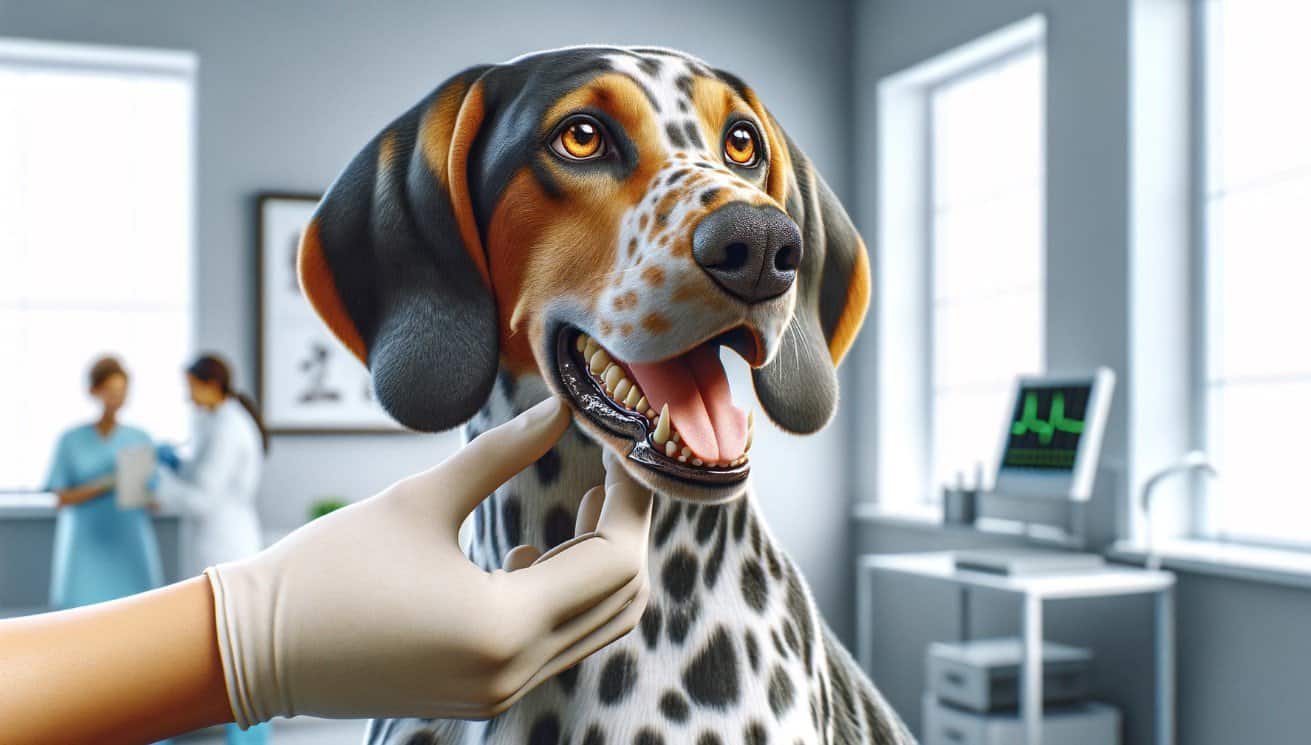
Signs of Dental Disease in American Leopard Hound
As an American Leopard Hound parent, it is crucial to be vigilant about your dog’s dental health. Often, dental disease sneaks up on us, and by the time we notice, the damage is done. But, by understanding the signs of dental disease in your American Leopard Hound, you can take proactive measures to prevent serious health issues down the line.
The first sign of dental disease in your American Leopard Hound is bad breath. I know, we all joke about ‘doggy breath,’ but persistent bad breath can be a sign of bacteria overgrowth in your dog’s mouth, leading to periodontal disease.
Next, look out for changes in your dog’s eating habits. If your American Leopard Hound is reluctant to eat, especially hard food, or if they seem to be chewing on one side, it can indicate tooth pain or discomfort.
Also, keep an eye on your dog’s behavior. Are they pawing at their mouth more frequently? This could be a sign of oral discomfort.
Additionally, pay attention to any physical changes. Are their gums red, swollen, or bleeding? Do you notice any loose or missing teeth? Is there a yellowish-brown build-up (tartar) along the gum line or on the teeth? These are all signs of dental disease in your American Leopard Hound.
Lastly, changes in your dog’s behavior can also be a sign. If your normally friendly American Leopard Hound starts to become irritable or aggressive, it might be due to pain from dental issues.
Remember, early detection is key. Regularly check your American Leopard Hound’s mouth for signs of dental disease. If you notice any of these signs, it’s time to take action.
Preventing Dental Disease
The good news is, dental disease in American Leopard Hounds is largely preventable. Regular brushing, a healthy diet, and dental cleanings can go a long way in keeping your dog’s mouth healthy. And, of course, regular check-ups with your veterinarian are crucial.
By understanding the signs of dental disease and taking proactive measures, you can ensure your American Leopard Hound’s dental health is in top shape. Remember, a healthy mouth leads to a happier, healthier dog.
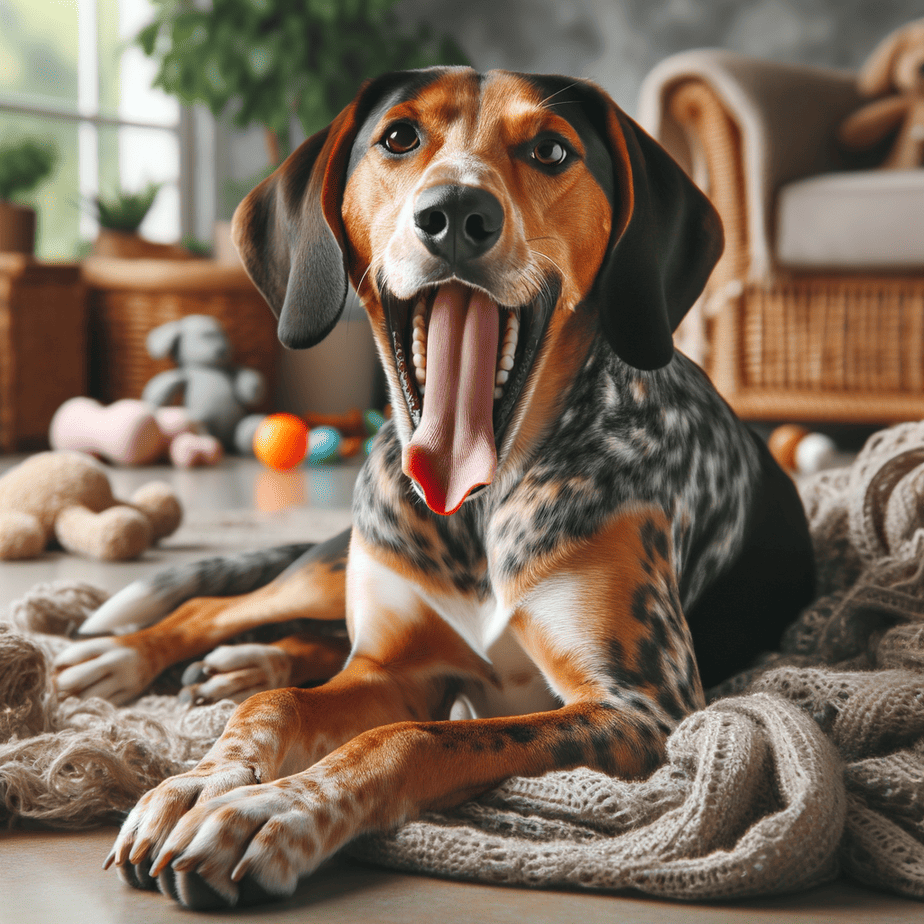
Common Dental Health Issues In American Leopard Hound
As a veterinarian, I’ve seen a variety of dental health issues in American Leopard Hounds. Their dental health is as crucial as their overall health. Here are some common dental problems that this breed may face:
- Periodontal Disease: This is the most common dental issue in American Leopard Hounds. It is caused by the buildup of plaque on the teeth, which leads to gum inflammation and can cause tooth loss if left untreated.
- Bad Breath: Persistent bad breath can be a sign of serious dental health issues, such as periodontal disease or oral infections.
- Tooth Decay: Like humans, dogs can also suffer from tooth decay. This usually results from a diet high in sugar and lack of proper dental care.
- Broken Teeth: American Leopard Hounds are active dogs and they love to chew, which can sometimes lead to broken or fractured teeth.
Understanding these American Leopard Hound dental health issues can help you take proactive steps to prevent them. Regular teeth cleaning, a balanced diet, and routine vet check-ups are key to maintaining your dog’s dental health.
Remember, prevention is always better than cure. So, don’t wait for these issues to arise. Start taking care of your American Leopard Hound’s dental health today!
Conventional Dental Health Treatments
When it comes to maintaining your American Leopard Hound Dental Health, conventional treatments play a significant role. These treatments can help prevent and treat common dental health issues that your Leopard Hound may encounter.
Anesthetic Dental Cleanings
Anesthetic dental cleanings are a common procedure for dogs. Under anesthesia, your vet can conduct a thorough examination of your Leopard Hound’s mouth, clean the teeth above and below the gum line, and address any dental problems. This procedure helps maintain your American Leopard Hound’s oral hygiene and prevents severe dental diseases.
However, while this procedure is generally safe, it’s crucial to discuss with your vet the potential risks associated with anesthesia, especially if your dog has heart problems or is of extreme age. It’s also essential to monitor your dog for any adverse reactions post-procedure, such as seizures or drug sensitivities.
Potential Individual Health Obstacles
While maintaining your American Leopard Hound’s oral hygiene, you may encounter some health obstacles. Every dog is unique, and some may have specific health conditions that can affect their dental health. Here are a few potential health obstacles:
- Heart Problems: Dogs with heart conditions may have a higher risk of complications during anesthetic dental cleanings. It’s crucial to consult with your vet before any procedures to understand the potential risks and benefits.
- Drug Sensitivities: Some dogs may have sensitivities or allergies to certain drugs used during dental procedures. Always inform your vet about any known drug sensitivities your dog has.
- Seizures: If your dog has a history of seizures, certain medications used during dental procedures could potentially trigger a seizure. Again, consultation with your vet is key.
- Extreme Age: Older dogs may have a higher risk of complications during dental procedures. However, neglecting dental care in older dogs can also lead to severe dental issues. It’s a delicate balance and one that requires a comprehensive discussion with your vet.
Remember, your American Leopard Hound’s teeth cleaning routine is crucial for their overall health. It’s important to have regular check-ups with your vet and follow their advice to ensure your dog’s dental health is in the best possible condition.
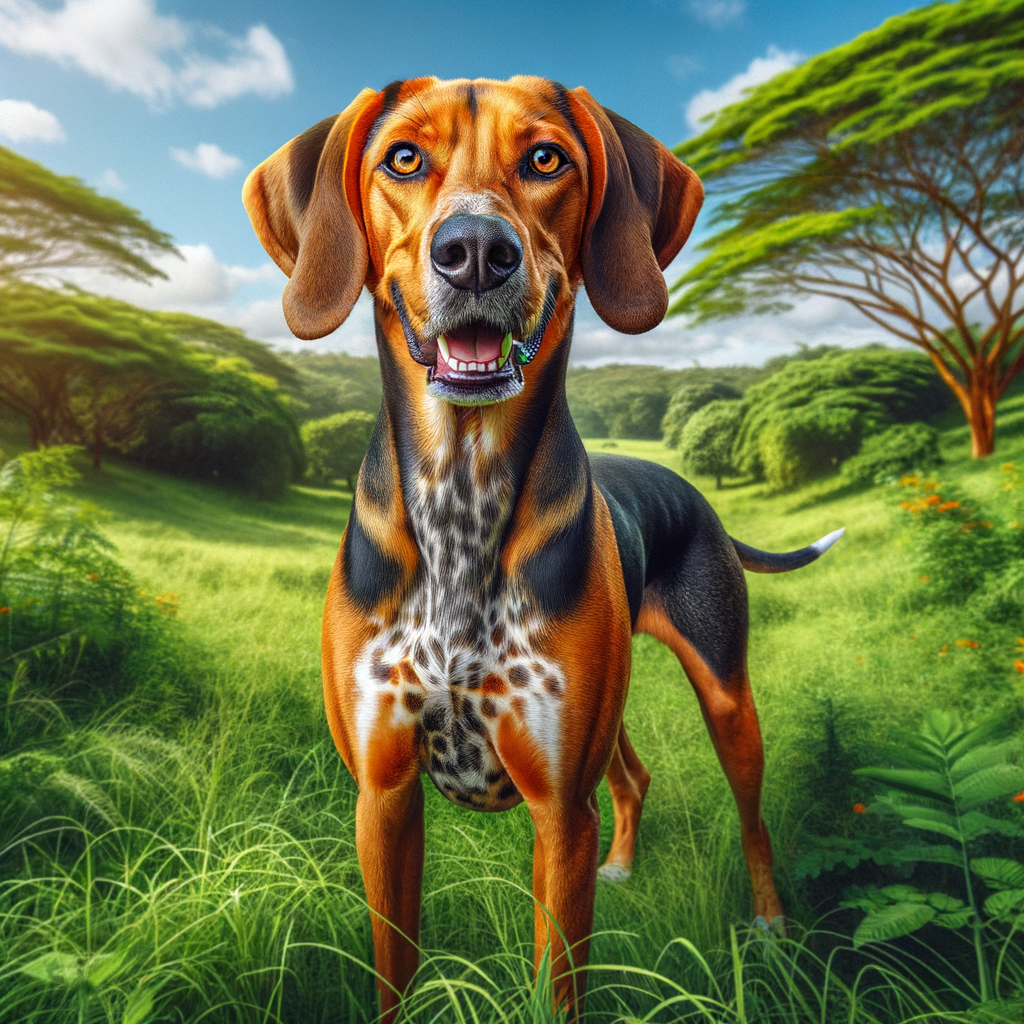
Dr. Candy’s Holistic Approach To Oral & Dental Health
As a holistic vet, I truly believe in the power of a comprehensive, natural approach to maintaining your American Leopard Hound’s dental health. This involves a well-balanced diet and the use of specific probiotics designed for oral health.
Diet- Low Carbs, Avoid Added Sugars, Enzymes In Fresh Food
The foundation of good dental health in your American Leopard Hound starts with a balanced diet. I recommend a diet that is low in carbohydrates and free from added sugars. Carbohydrates can break down into sugars in your dog’s mouth, which can lead to the growth of harmful bacteria and eventually tooth decay and gum disease.
Instead, focus on feeding your dog fresh foods rich in enzymes. Enzymes found in raw fruits and vegetables, like apples, carrots, and celery, can naturally clean your dog’s teeth and promote good oral health. They can also help to break down plaque and tartar build-up, reducing the risk of dental disease.
Here’s a quick list of enzyme-rich foods suitable for your American Leopard Hound:
- Raw carrots
- Apples (without seeds)
- Celery
- Parsley
Oral Health Specific Probiotics
Another key component of my holistic approach to dental health is the use of oral health specific probiotics. Probiotics, or beneficial bacteria, can help to balance the bacteria in your dog’s mouth, reducing the risk of dental disease.
I highly recommend Probiora for Dogs, an oral health targeted probiotic. This product is designed to support your dog’s oral microbiome, promoting good bacteria and suppressing the harmful ones. It’s easy to use – just sprinkle it on your dog’s food once a day. Not only can it improve your American Leopard Hound’s dental health, but it can also help to freshen their breath.
Remember, maintaining your American Leopard Hound’s dental health doesn’t have to be complicated. With the right diet and the use of targeted probiotics, you can help to keep their teeth and gums healthy and their breath fresh.
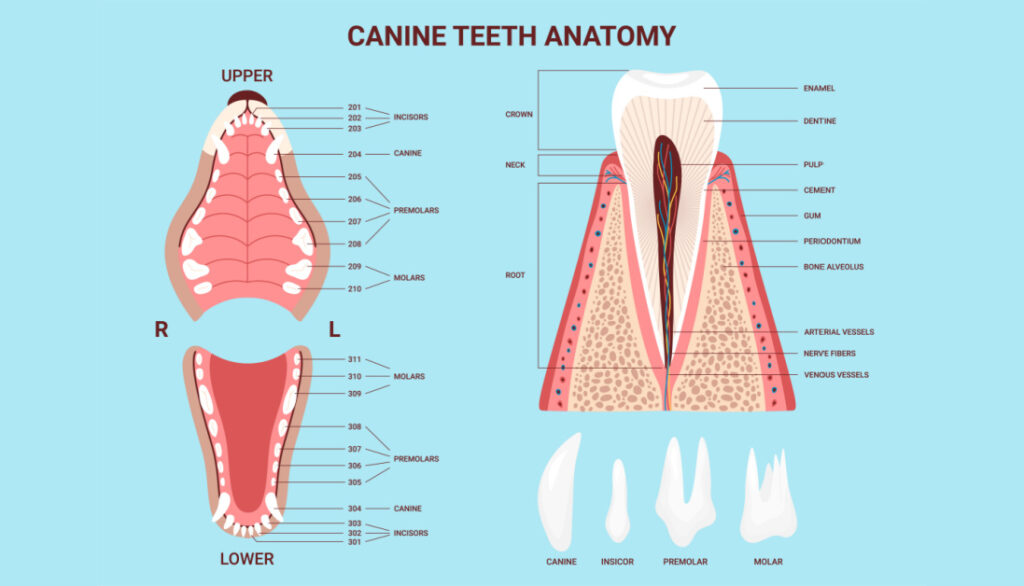
Recommended Dental Chews & Products For American Leopard Hound
As a caregiver to your American Leopard Hound, you may have been tempted at some point to pick up a pack of those commercially promoted dental chews. They are marketed as a quick fix for bad breath and plaque build-up, but let’s be real here. These mass-produced chews are often loaded with artificial flavors, colors, and chemical preservatives, which are not healthy for your dog. Furthermore, their efficacy in maintaining dental health is questionable at best.
Even drinking water additives, which are promoted as a way to improve your dog’s oral health, can do more harm than good. They may kill the harmful bacteria in your dog’s mouth, but they also eliminate the beneficial bacteria that aid in digestion and support overall health.
So, what are the alternatives? Well, nature has provided us with some excellent options. Let’s take a look at some of the best dental chews and products recommended for your American Leopard Hound.
Single Source Natural Proteins
Chews made from single source natural proteins like tendons, raw marrow bones, and bully sticks are excellent for your dog’s dental health. These are not only safe and healthy but also effective in reducing plaque and tartar build-up.
Tendons
Tendons are a fantastic natural chew for your American Leopard Hound. They are tough and fibrous, which helps to scrape off plaque and tartar from your dog’s teeth. Plus, they are a good source of protein and collagen, promoting good joint health.
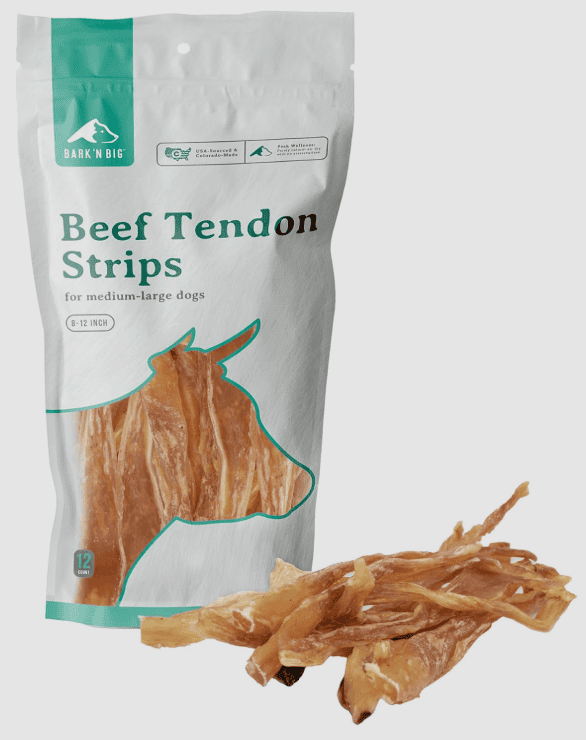
Raw Marrow Bones
Raw marrow bones are another excellent choice for maintaining your American Leopard Hound’s dental health. They are a natural source of calcium and phosphorus, which are essential for healthy teeth and bones. Furthermore, the act of gnawing on bones can help to clean your dog’s teeth and gums.
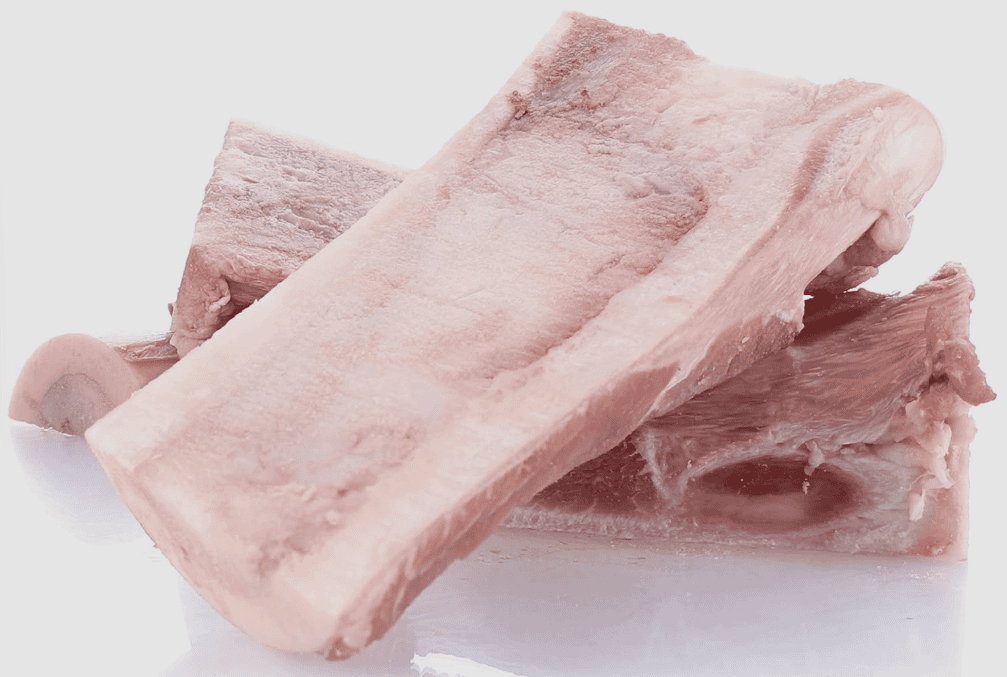
Bully Sticks
Bully sticks are made from 100% beef muscle, providing a natural and digestible chew for your American Leopard Hound. They can effectively remove plaque and tartar and are a good source of protein. However, always supervise your dog while they’re chewing on a bully stick to prevent any choking hazard.
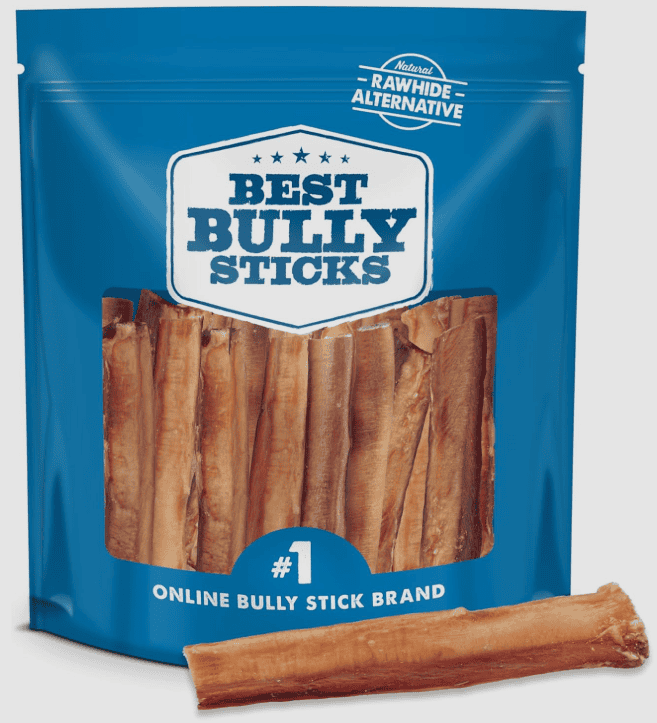
Remember, while these natural chews can contribute to good oral health, they are not a substitute for regular teeth cleaning and veterinary check-ups. Always supervise your dog while they’re enjoying these treats to prevent choking and other accidents. With the right care and attention, you can ensure your American Leopard Hound’s dental health is the best it can be.
Frequently Asked Questions
1. How can I prevent bad breath in my American Leopard Hound?
Regular brushing of your American Leopard Hound’s teeth is crucial to prevent bad breath. Use a dog-specific toothbrush and toothpaste to clean their teeth at least 2-3 times a week. Additionally, providing dental chews or toys can help reduce plaque buildup and freshen their breath.
2. What are some signs of dental problems in American Leopard Hounds?
Some common signs of dental problems in American Leopard Hounds include bad breath, swollen or bleeding gums, yellow or brown tartar buildup, loose or missing teeth, difficulty eating, and excessive drooling. If you notice any of these signs, it’s important to consult a veterinarian for a dental examination.
3. Are there any specific dental treats or products recommended for American Leopard Hounds?
There are several dental treats and products available that can help improve your American Leopard Hound’s dental health. Look for products that are specifically designed for dogs, such as dental chews, toothpaste, and water additives. It’s best to consult with your veterinarian to find the most suitable options for your dog.
4. How often should I schedule professional dental cleanings for my American Leopard Hound?
Professional dental cleanings performed by a veterinarian are essential for maintaining your American Leopard Hound’s oral health. The frequency of these cleanings may vary depending on your dog’s individual needs and the veterinarian’s recommendation. In general, it is recommended to schedule professional cleanings at least once a year.
5. Can diet affect my American Leopard Hound’s dental health?
Absolutely! Diet plays a significant role in your American Leopard Hound’s dental health. Feeding them a high-quality dog food that promotes dental health, such as kibble designed to reduce tartar buildup, can be beneficial. Avoid feeding them excessive amounts of sugary or sticky treats, as these can contribute to dental problems.
